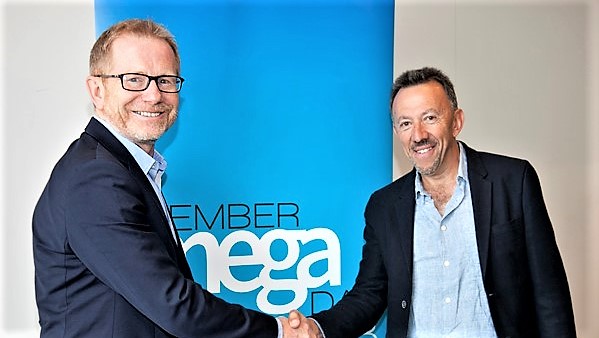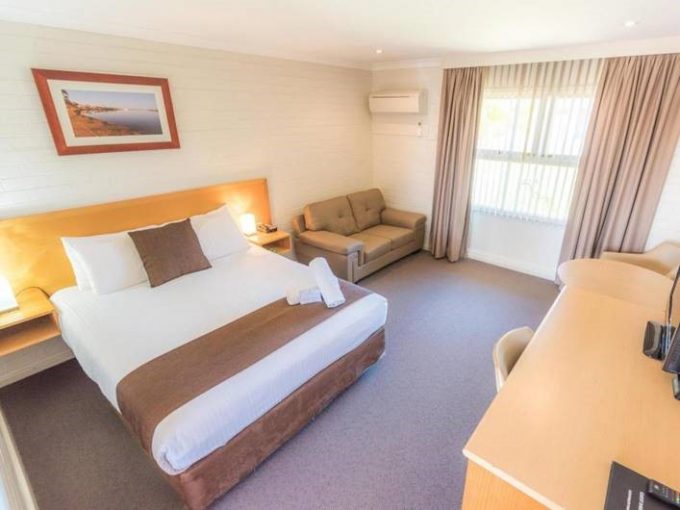Angry guests can still become loyal!
 Angry guests with insurmountable problems; we’ve all encountered them.
Angry guests with insurmountable problems; we’ve all encountered them.
Rivalry, opposition, antagonism, conflict or whatever other synonym you deploy to convey obstacles in the workplace like this would be better viewed as helping your business goals instead of detracting. What doesn’t kill you makes you stronger, right?
When applying this adage to guest-staff interactions, it’s all too easy to deem livid, annoying, testy, arrogant, needy, rude or whining guests as enemies to your organisational goals that are likely to be high on guest satisfaction scores and the pursuit of higher occupancies for heightened profits. When we are confronted with opposition of this nature, our first thoughts might run to something like, “This person is being unnecessarily irate; he’s asking us to perform tasks that far beyond what we normally do for our guests.” It’s a little trickier, however, to identify how such opposition can actually improve your operations.
Negatives are not necessarily obstacles
To start, a good practice is to view your negative-minded guests not as obstacles to your chosen path but as opportunities to learn, grow and better define the path that you are on.
To help explain this, I’m drawn to movies and television where, as you probably already know, conflict and its thespian equivalent, drama, are the essence of quality screen-time. Without them, a show or film quickly becomes a yawn-fest. Drilling down to a specific film genre, take the ‘buddy cop’ archetype for example. In successful movies of this type, the story usually finds two central characters with diametrically opposed outlooks on life, forced to work together for the same goal. They argue and they squabble, but in the end, they realise that their commonalities outweigh their differences.
In fact, their relationship is often on more solid ground because they went through hell and back to reach the finish line. It’s this adversity, and the fact that they conquered it, that helps form their solid and sincere bond. Conquering adversity makes their friendship stronger.
Guest application
Apply this paradigm to your team’s communication efforts with distraught guests. Both sides have more or less the same goal – the best experience possible for the guest – and yet they have vastly different emotional states of mind entering the interaction. The staff member is trained to be calm, attentive and perhaps even a tad subservient while the guest is more often than not irascible, demanding and more than a bit anxious. It’s one thing for a staffer to apologise and leave it at that; it’s a whole other level when the staffer rises to the challenge, recognising that the guest’s emotional state is temporary and that if they work together to solve the problem then their bond will become all the stronger.
I’d even argue that the distraught customers for whom you do put in that extra oomph to ameliorate their grievances will become your biggest advocates. That’s where the ‘loyalty’ part of this article’s title comes in. Very few people connect with a mediocre or above-average experience at a hotel. But you would definitely remember a place where the team members gave it everything they had to solve a percolating crisis.
The chicken is dry
To give you a comparative example, I have a friend who derives a mild sense of pleasure by testing the wait staff at new restaurants. He usually orders the chicken, and when the server returns to ask, “How is everything tasting?” he will automatically reply, “The chicken is dry.” Having cooked chicken my whole life and knowing roughly what methods a professional chef might take (sous-vide, deep frying, 24-hour marinades, dry roasting at a low temperature and so on), I can say with certainty that chicken is quite hard to botch.
But my interloping friend’s motivation isn’t to identify the chicken as dehydrated or not. He’s testing the server’s reaction. Do they simply apologise with a faux frown and walk away? Or does the server ask forgiveness then prod deeper with follow-up questions to generate rapport and find the actual issue at heart? Does the restaurant give him a little extra as compensation (a free drink, a complimentary dessert and so on)? Or does the server bring out the chef so that a real conversation can ensue?
Corporate culture
This thought process can help augment the way guests see your hotel, but it can also aid with your corporate culture. Competition at work should not be enveloped in negative energy; your rivals and their actions are simply more fuel for self-improvement.
Moreover (and to build on a previous article this month), this affects your intrapreneurs. Often these are the people who ask a lot of questions, get emotional about having their way and are the designated devil’s advocates on proposed ideas. What might be perceived as rigidity to progress should instead be seen as a chance for enhancement. After all, this perceived antagonism is much better than the opposite whereby poor ideas may be implemented because everyone was too afraid or apathetic to raise their hands during the planning meetings.
Silence in these instances, and when it comes to guest interactions, is never golden. Confront hard situations, get people talking and conquer adversity in pursuit of better operations.

AccomNews is not affiliated with any government agency, body or political party. We are an independently owned, family-operated magazine.





